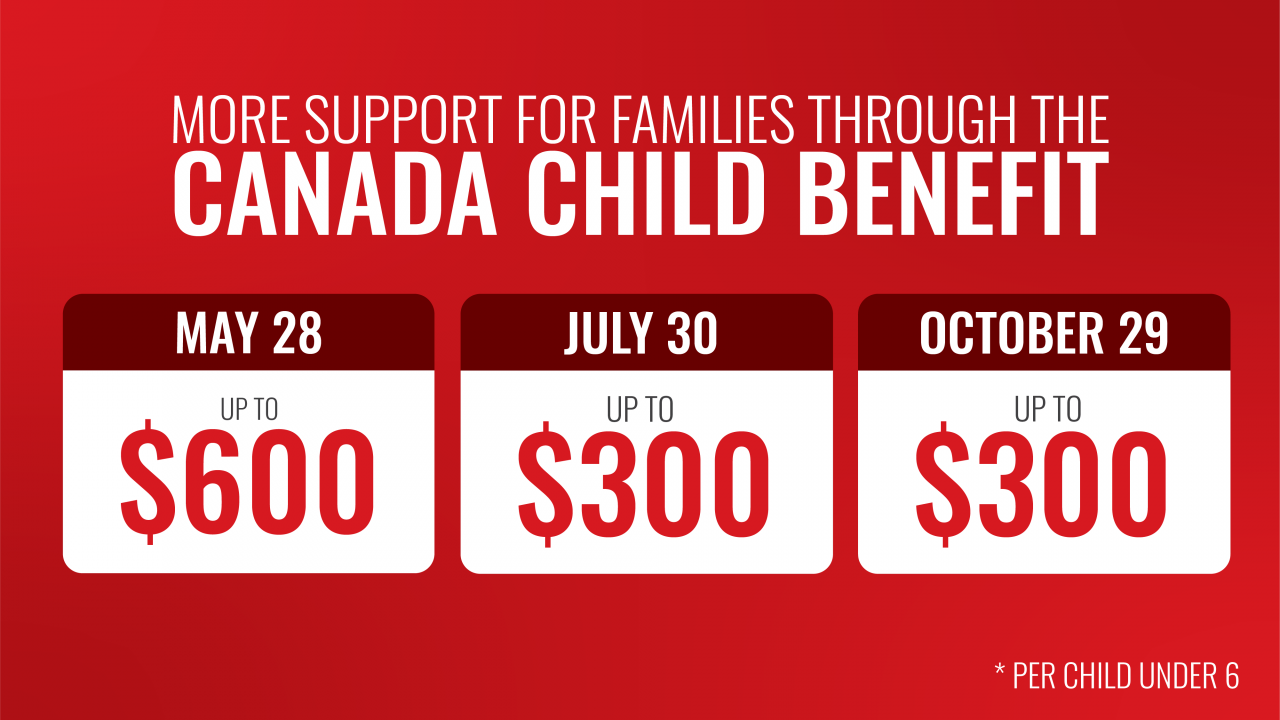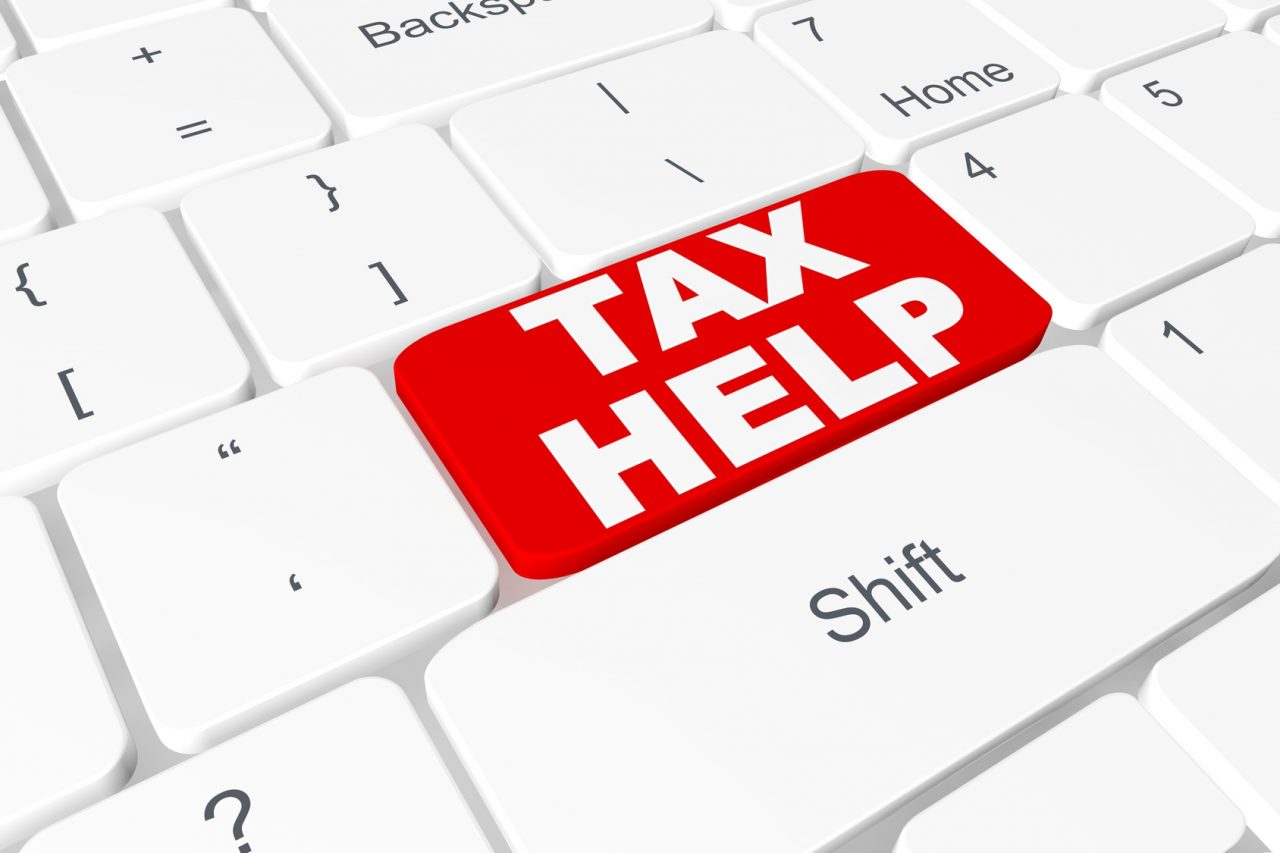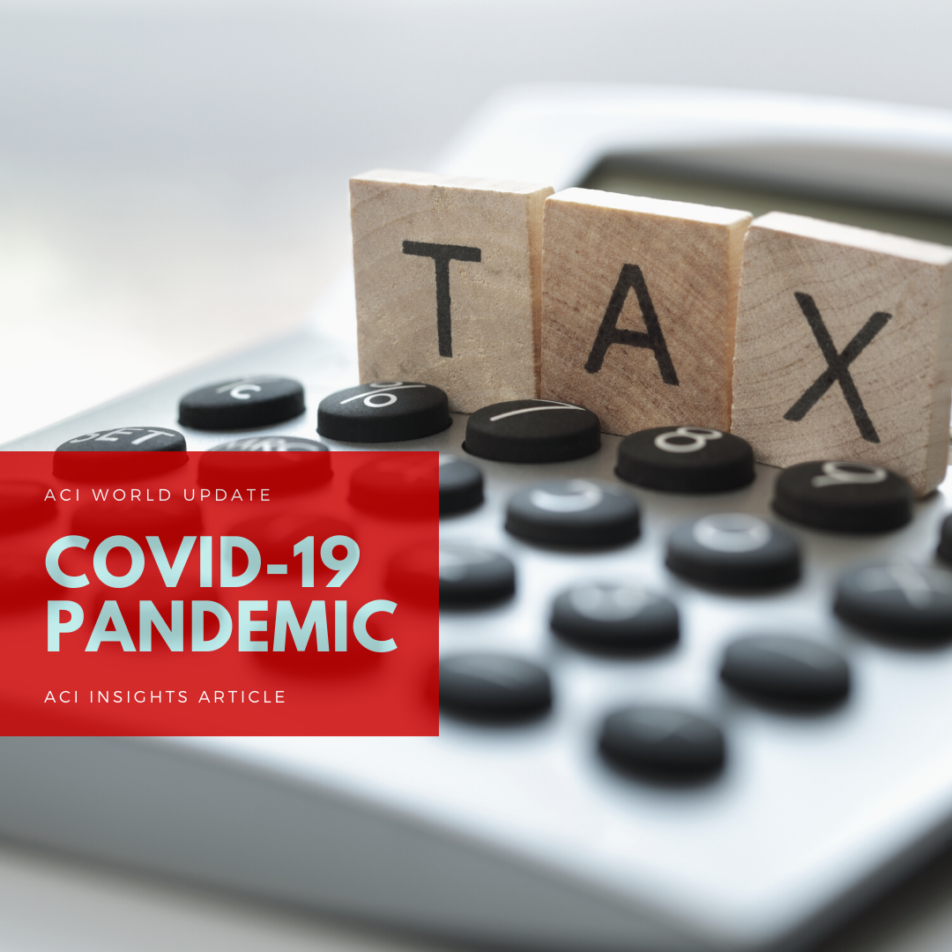By the time August 2022 arrives, virtually all individual Canadians have filed their income tax return for the 2021 tax year, have received a Notice of Assessment from the tax authorities with respect to that return, and have either received their refund or reluctantly paid any balance of tax owing.
Newsletter Archives - Page 16 of 31 - Akler Browning LLP
As pandemic restrictions ease, the option of sending kids to summer camp is once again a realistic one and, for both kids and parents, the possibility of doing so must be particularly welcome this year.
At a time when Canadian households are coping simultaneously with rising interest rates and an inflation rate which recently hit its highest point in nearly four decades, every dollar of income counts. And where that income can be obtained with minimal effort, and received tax-free, then it’s a win-win for the recipient.
When a public health emergency was declared in March of 2020, the focus for the federal government was getting pandemic benefits into the hands of eligible recipients as quickly as possible, to help mitigate the sudden financial crisis faced by so many Canadians.
If Canadians have the feeling that they are being squeezed from all sides when it comes to household finances, it’s because they are. In 2022 Canadian consumers have been hit by a double whammy of three successive interest rate hikes since March (with more increases almost certainly on the horizon) while dealing at the same time with increases in the cost of everyday goods to an extent that has not been seen, in some cases, for as much as forty years.
Many, if not most, taxpayers think of tax planning as a year-end exercise to be carried out in the last few weeks of the year, with a view to taking the steps needed to minimize the tax bill for the current year.
While recent increases in interest rates have put something of a damper on home sales, the Canadian real estate market was booming in the first quarter of 2022. According to Canadian Real Estate Association statistics, there were over 650,000 residential sales transactions in the first quarter (January to March) of this year.
Of the 27 million individual income tax returns already filed with the Canada Revenue Agency for the 2021 tax year, no two were identical. Each return contained its own particular combination of types and amounts of income reported and deductions and credits claimed. There is, however, one thing which every one of those returns has in common.
Over the past several years, would-be buyers in the Canadian residential real estate market have been faced with two realities. First, the cost of homes continued to increase significantly in virtually every market across Canada. At the same time, however, the cost of borrowing to finance a home purchase had almost never been lower.
Since the beginning of the pandemic in March 2020, the federal government has provided a wide range of pandemic benefit programs for individuals. In the main, those programs have acted to replace income lost where employment income was no longer available as businesses closed during lockdowns, or individuals were unable to work because of illness or because they were at home with young children when schools closed to in-person learning.









